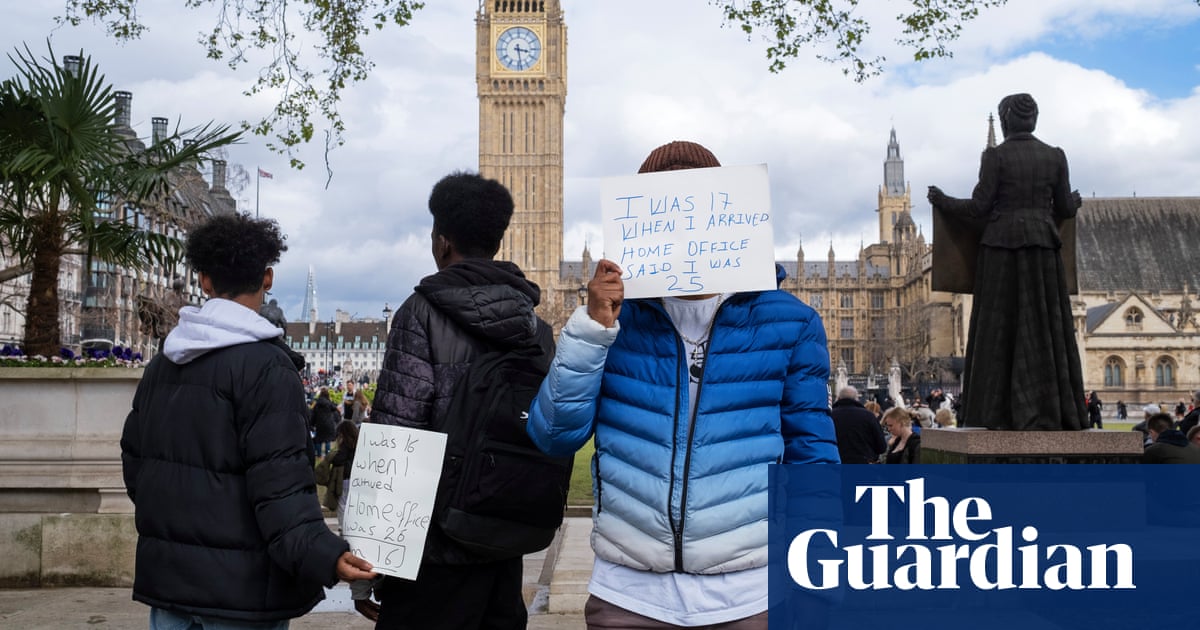
An underground network of men are using peer-to-peer internet message boards to order, share and trade explicit images of local women, according to the UK’s leading “revenge porn” charity.
In a development that has echoes of the forums used to organise the drugging and rape of Gisèle Pelicot in France, the Revenge Porn Helpline said that “systematic deep-seated misogyny” was behind a dark trade in images in the UK.
“We are seeing images posted by strangers, collected and re-shared peer to peer,” said Sophie Mortimer, a helpline manager. “Men state they are looking for images of named individual women from York or from Huddersfield or anywhere in the country. Pictures are then being shared with derogatory comments about the women and what they would do to them.”
She added: “I think that’s the most frightening area for me, because we’re not talking about the sharing of images after a relationship breaks down. We’re talking about a systematic deep-seated misogyny.”
Mortimer said the hotline had experienced an increase in the number of reports about images shared on networks such as Discourse – an online communities app – and the messaging app Telegram, which has been criticised for an alleged lack of control on extreme content.
The helpline, which is marking its 10-year anniversary this week, has had a 57% average yearly increase in reports. The hotline has introduced a chatbot to meet rising demand for its services that helps about 50 people a day and receives between 350 and 400 in-person calls a month.
“Revenge porn” – the sharing of private or sexual images or videos of a person without their consent – became an offence in England and Wales in April 2015, but the number of convictions remains low. Two hundred and 77 people were convicted in the year ending June 2024, according to Crown Prosecution Service (CPS) figures. Scotland and Northern Ireland introduced similar laws in 2016, but in some cases, the law is unable to help.
Alice (not her real name), was grieving after the death of her partner of 10 years when she received Instagram messages that revealed he had shared nude pictures with her name online, and both were on a pornography website. The charity helped remove more than 4,000 intimate images – more than 90% of the total – of her across the internet.
Images are now less likely to be found on mainstream sites such as Facebook or Pornhub, which had made improvements at managing and taking down content, said Mortimer. But this could result in content being pushed to the “less compliant” margins, she said.
“The landscape is a lot more complicated,” she said. “These images can be much harder for us to access because they’re not visible. People have so much more content and it moves much faster because there are many more websites hosting and sharing it.”
Some women can battle for years to get such images erased. One woman has been working with the charity for more than eight years to remove about 150 different images created in a consensual relationship but then shared under her full name by her ex-partner after they split up. “It has had the most devastating impact on her entire life, and understandably she has really struggled,” said Mortimer.
Another woman, who had images taken of her while she was being abused by a former partner, was told by strangers that they had seen intimate pictures online alongside her name and the town where she lived. “We are much better at removing content but if it is still there, you can’t put it behind you, you can’t move on,” said Mortimer. “It’s just endlessly debilitating.”
The charity argues that the law needs to be widened to make adult non-consensual intimate images illegal, rather than just the sharing of them – and say this would make them easier to remove from the internet, and is already the case for child abuse images.
The minister for victims and violence against women and girls, Alex Davies-Jones, said the government was strengthening the law and that includes the Online Safety Act, which forces platforms to remove intimate images.
“Sharing intimate images online without consent is an abhorrent violation that can inflict profound and lasting harm on victims, particularly women and girls,” she said. “Women have the right to feel safe wherever they are, in both the online and offline world. This government is determined to make that happen.”
A widening of legislation – and multinational cooperation – must be combined with work to create a societal shift, said Mortimer.
“This is a really dangerous time for women,” she said. “What I’ve learned from doing this work is that men who are doing this are not monsters living in their mothers’ basements … This is all around us, under our noses, the men that we think are allies, in many cases, are not as benign as they appear.”












